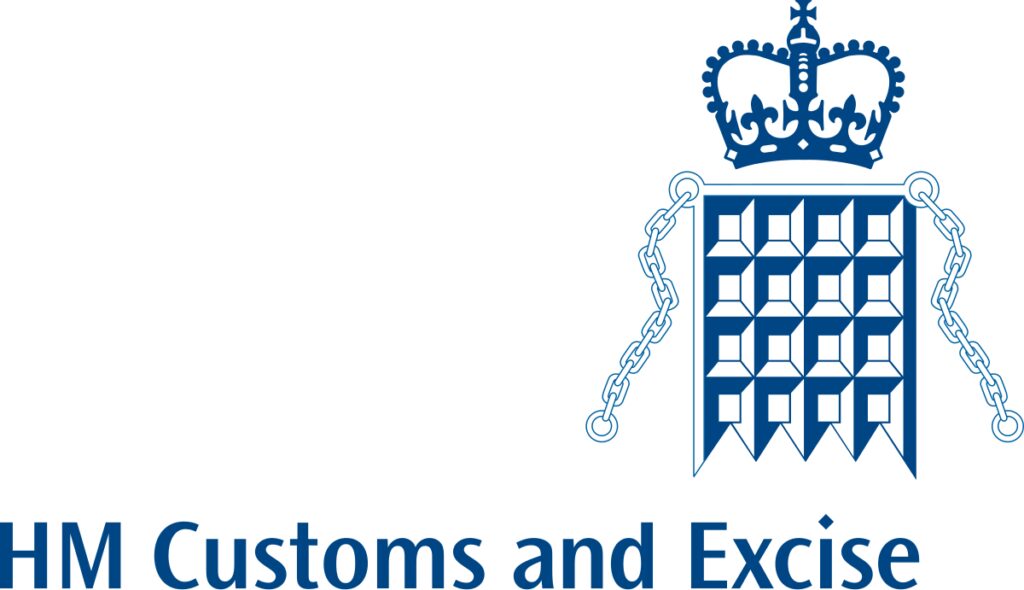
Between 1999 and 2009, the Criminal Cases Review Commission referred the convictions of 20 individuals whose prosecutions had resulted from “controlled delivery” (CD) operations conducted by what was then Her Majesty’s Customs and Excise (HMCE).
Background
Most of these convictions dated from the mid-1990s, but the earliest was 1988 and the latest was 2002.
All applicants to the CCRC had been convicted in the Crown Court of drug-related offences including:
- Being knowingly concerned in the fraudulent evasion of the prohibition on the importation of Class A drugs
- Conspiracy to supply Class A drugs
These offences were contrary to the Misuse of Drugs Act 1971 and the Customs & Excise Management Act 1979.
Applicants had received sentences of imprisonment ranging from four to 20 years. Some had also received confiscation orders, been required to pay prosecutions costs, and/or had been recommended for deportation.
Of the 20 cases the CCRC sent back for fresh consideration at the Court of Appeal, 15 were quashed and five were upheld.
In each instance, the CCRC referred the applicant’s conviction because it considered there was a “real possibility” the Court of Appeal would find that the conviction was unsafe and would quash it.
Controlled Delivery Operations
In these cases, HMCE had targeted importers of heroin from Pakistan to the UK by using Pakistani informants who themselves participated in the offences as couriers.
This “participating informant,” or “PI,” worked with HMCE whilst taking part in the operation, usually receiving a monetary reward.
These operations started in 1986 but by the middle of the 1990s, CDs from Pakistan had become a matter of public concern. Procedural irregularities during the operations had resulted in failed prosecutions.
This led in 1998 to a HMCE investigation into the use of PIs in Pakistan. Its report paid particular attention to the extent to which importations were in fact being contrived for profit by PIs. The report also identified various problems in the way CDs were being run.
Separate concerns led to Operation Brandfield, initiated in November 1998 and conducted by West Midland Constabulary into HMCE’s CD operations from Pakistan and South America.
This investigation into allegations of conspiracy to pervert the course of justice, primarily involving HMCE officers based in Leeds and overseas, led to the prosecution and conviction of three HMCE officers for misconduct in a public office.

The Guidelines
The earliest guidelines for CDs had been established in 1969 by the Home Office. Consistent with those guidelines, an application had to be made for prior permission to use a PI.
Usually, that permission was only obtained if an officer certified that the PI was not actively engaged in the planning and commission of the crime and was intended to play “only a minor role”.
The guidelines also established that investigators must never commit themselves to a course, whether to protect a PI or otherwise, which would lead them to mislead a court in any subsequent proceedings.
HMCE guidance in 1991, 1992 and 1994 set out that PIs had to be assessed for their reliability and integrity, and needed tight supervision and control.
It also set out detailed requirements in relation to disclosure, warning that trials were likely to be stopped if it emerged that unused material which should have been disclosed to the defence had been withheld without recourse to the trial judge.
The guidance also identified a key risk – that PIs might “set up” others to secure financial gain.
This would be contrary to the purpose of CD operations which was to break into drug trafficking that already existed, i.e. a supplier had already contacted a recipient in the UK and agreed to the supply.
The integrity of a CD operation was therefore dependent upon several elements:
- The PI should not have abused the system
- They should not have acted as “Agent Provocateur” (a person who encourages someone to do something illegal)
- There should not be an inappropriate relationship between the supplier and the informant
- There should be appropriate disclosure of information by HMCE to defendants’ defence teams and the court
R V Choudhery

In the case of R v Choudhery and others [2005] EWCA Crim 1788, the Court of Appeal defined a “paradigm” controlled delivery and identified several anomalies that had occurred in CD operations that were signals the PI and the supplier(s) of the drugs were in fact working together as a team.
These included:
- The same supplier being used for multiple operations
- The same PI being used in multiple operations
- The PI paying money to the supplier
- The PI being known to the supplier
- Low-level drug purity (suggesting a PI may have “cut” the heroin to increase his reward)
- The non-disclosure of information which may have highlighted or disclosed any of these issues
The CCRC and CDs

CDs were often structured and conducted in such a way that there was a real risk of informants manipulating the system. This was noted in HMCE guidance but insufficiently controlled.
In many instances, PIs were going beyond the “minor role” they should have played and were actively engaging in planning and committing crimes, in some cases with the knowledge and/or assistance of HMCE officers.
Sometimes, PIs were operating independently and outside of the strict controls which should have been applied to them by their HMCE handlers.
In other cases, PIs, sometimes with the knowledge of HMCE officers, sought out potential UK buyers for the purpose of a CD operation.
During a series of detailed and complex case reviews, the CCRC concluded that in terms of its CD operations from Pakistan to the UK, HMCE had often acted in a way which was not conducive to maintaining the integrity of the criminal justice system.
Consequently, many of HMCE’s operations had the effect of creating and sustaining heroin-related crime.
Abuse of Process

Examples of non-disclosure included:
- HMCE’s own documented doubts about the reliability of a PI
- The involvement of the same suppliers in multiple CDs
- The use of the same PIs across multiple operations
HMCE had also often failed to produce PIs as witnesses at criminal trials.
In each review, the CCRC considered that material non-disclosure had undermined the integrity of the operations and prosecutions.
Had information been properly disclosed it may have encouraged defence teams to make applications for prosecutions to be stayed and/or enabled the defence to better argue its case.
The failure to produce PIs as witnesses in trials, especially when they were the main witnesses of fact, further compromised the ability of defendants to receive a fair trial.
The CCRC considered that defendants were entitled to fair trials notwithstanding the fact there may have been evidence against them. Convictions should not be achieved by deceit or material breaches of the rules of evidence or procedure.
In all of these cases, the CCRC concluded that there was a real possibility the Court of Appeal would find the conviction unsafe on the grounds of abuse of process and therefore referred the convictions back to the Court for a fresh appeal.
You can find a list of the CCRC’s controlled delivery reviews in our Case Library.
Key cases for further information about controlled delivery operations and the CCRC’s reviews into them include:
- R v Choudhery and others [2005] EWCA Crim 1788
- R v Nawaz and others [2007] EWCA Crim 307
- R v Vernett-Showers and others [2007] EWCA Crim 1767
- R v Rafiq and Hussain [2008] EWCA Crim 1518
